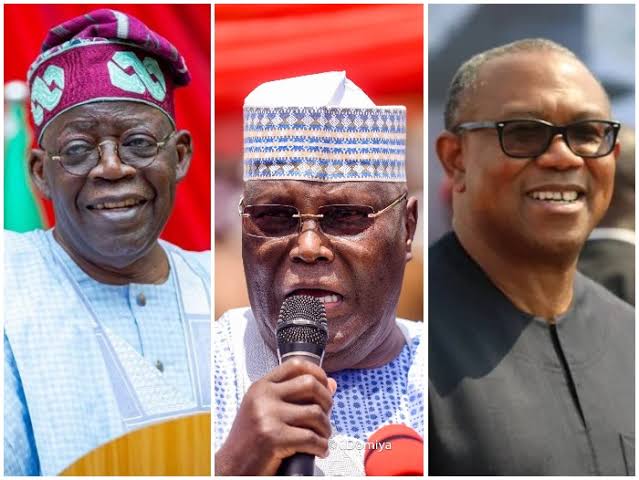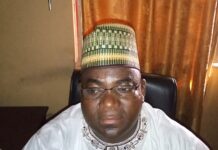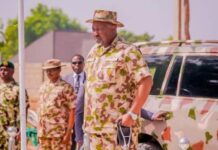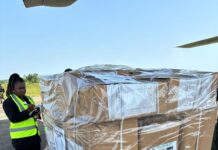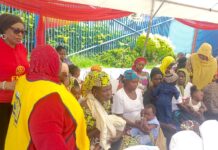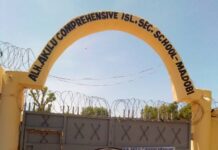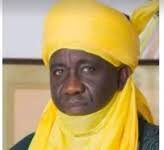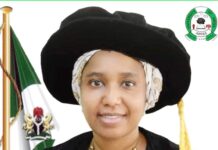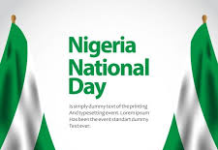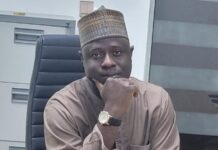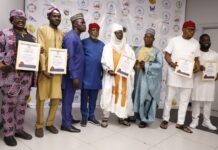When Tribalism Is Worse Than Racism
By Majeed Dahiru
The rising wave of Igbophobia across the country and especially in Lagos State boiled over into a xenophobia-like attack on Igbo people by a mob of self-identified Yoruba ethnic supremacists in a bid to prevent them from exercising their constitutional right of democratic choice in the March 18, 2023, gubernatorial election.
Following the defeat of Asiwaju Ahmed Bola Tinubu of the ruling All Progressives Congress (APC), an ethnic Yoruba, in the February 25, 2023, presidential election by the candidate of the opposition Labour Party, Peter Obi, an ethnic Igbo, in his home state of Lagos, a state that is geopolitically designated as ‘’Yoruba’’ land, the Igbo people of Lagos have been blamed for the home loss for Nigeria’s President-elect.
In the build-up to the 2023 presidential election, three major candidates emerged from the three major tribes of Nigeria:
Tinubu of the APC, a Yoruba from Nigeria’s southwestern corner, Atiku Abubakar of the People’s Democratic Party (PDP), a Hausa-speaking Fulani from the North East, and Obi of LP, an Igbo from the South East.
This scenario was a re-enactment of the First Republic Nigerian politics that was deeply divided along ethno-regional lines of Western Nigeria [Yoruba], Northern Nigeria [Hausa/Fulani] and Eastern Nigeria [Igbo], with the prospects of a repeat of the fierce contestation for power among Nigeria’s dominant tribes.
And indeed each of the frontline candidates of the APC, PDP and LP came into the race with substantial ethno-regional support as expected in a polity that is primarily driven by identity politics of ethnicity and religion.
However, the First Republic era of 1960 to 1966 and the Fourth Republic of 1999 and 2023 are not exactly the same or so it seemed, as there was an appreciable level of cross-sectional alliances in support of the respective candidates from regions and ethnicities other than their own.
Going into the 2023 presidential election, Tinubu of the ruling APC had the firm support of the northern wing of the party, while Atiku of the PDP was actually propped up for the presidency by the southern wing of the party.
As for Obi of the LP, he was the rallying point of the growing mass of anti-establishment forces among the common people of Nigeria who were dissatisfied with the establishment parties, whose misrule has made the much anticipated dividends of democracy elusive in the 24 years of Nigeria’s fouth democratic republic.
However, the gains made from the presidential election, which saw candidates making inroads into rivals’ territories and breaking ethno-regional and religious barriers against mutual acceptance, may have been reversed in the just concluded gubernatorial election in Lagos.
Afraid of losing the governorship of Lagos, which the APC under the leadership of Tinubu has coveted since 1999, to the LP, a lie was told, people were convinced to believe the lie and those who told the lie ended up believing it.
Read Also:
This lie was that Igbo people are laying claim to the ownership of Lagos State and have designated it “a no man’s land”. This dangerous piece of Goebellian propaganda, which was propagated with fascist precision, stoked ethnic hatred against the Igbo people of Lagos in a manner reminiscent of the demonization of Jews in Hitler’s Nazi Germany and Tutsis in Hutu-dominated Rwanda.
And the result was dehumanization, humiliation and the rendering of Igbo people of Lagos as stateless as the Rohingya people of Myanmar.
Never in the history of modern Nigeria have the Igbo settlers been found warring over land anywhere outside their region of origin.
As traders, industrialists, intellectuals and artisans, Igbo people are known to respect the culture and norms of their host communities even in the most impossible social conditions.
As law-abiding citizens, they usually legally acquire their premises of residence and business through rentals, leases or purchases. Igbo people are not known to invade communities with AK-47 rifles, killing, maiming and displacing the indigenous communities to make way for the setting up of their auto spare parts market either in Lagos or anywhere in Nigeria.
A people who take their dead from thousands of miles back home in the southeast region for burial and whose living travel the same distance every end of the year to celebrate with their Igbo kith and kin do not come across as interested in annexing Lagos as part of Igboland, as they do not consider it their permanent home.
Igbo people have never contested the ownership of Lagos with the Yoruba either legally or politically but only seek to exercise their democratic right of choice of who governs their state of residence from among the plethora of indigenous Yoruba-speaking contestants, as free citizens of Nigeria.
The issue in contention going into the 2023 presidential election was governance in the highly cosmopolitan and urbane Lagos, a state that was once the federal capital territory of Nigeria.
The loss of Lagos by Tinubu was not a function of Igbo tribal conspiracy but a revolt against his hegemony over Nigeria’s most important state in the last 24 years without a commensurate improvement in welfare and security of the people of the state, irrespective of ethnic groupings.
In fact, the biggest supporters of Obi going into the 2023 presidential election were Yoruba individuals and groups that are domiciled in Lagos. But to give a dog a bad name in order to slaughter it, the Igbo people were accused of labelling Lagos “a no man’s land” that they intend to take over from the aboriginal Yoruba-speaking people.
While it is not a “no man’s land”, Lagos, like Anambra, Enugu, Abia, Ebonyi and Imo states, is an “all man’s land” of free citizens of Nigeria that are resident therein, irrespective of their ethnic groupings. As citizens, their right to vote and be voted for is constitutionally guaranteed.
Tribalism is worse than racism when it is impossible to be Igbo and Lagos in Nigeria. If Nigeria does not kill tribalism then tribalism will kill Nigeria as it did Somalia, Lebanon and Sudan.
Until it becomes possible to be Igbo and Lagos, Yoruba and Anambra, Enugu, Abia, Ebonyi and Imo, Nigeria, a country of primitive tribesmen, will be perpetually trapped at the bottom of the pyramid of human evolution, where life is nasty, brutish and short.

